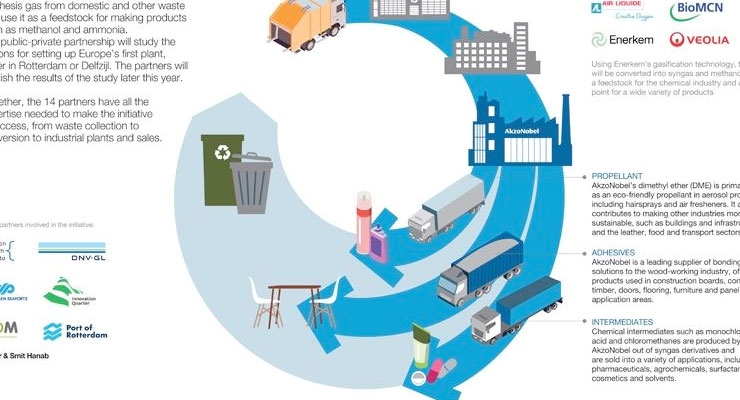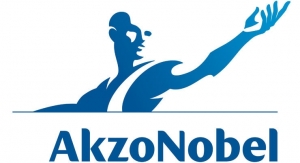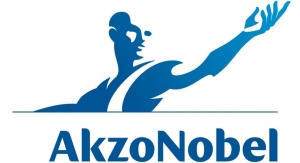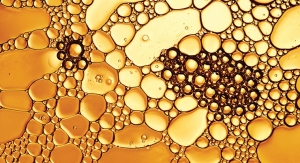Catherine Diamond, Associate Editor07.01.15
A major Dutch initiative designed to investigate how waste can be used as a raw material to produce chemicals has more than doubled in size since being launched late last year. Initially formed by AkzoNobel, Canadian company Enerkem and four regional partners, the collaboration has since attracted eight more commercial parties.
The aim is to use Enerkem's technology to manufacture synthesis gas from domestic and other waste and use it as a feedstock for making products such as methanol and ammonia. The public-private partnership will study the options for setting up Europe’s first plant, either in Rotterdam or Delfzijl. The partners will publish the results of the study later this year.
"We welcome all the new partners in our quest to use waste as a raw material for chemicals," said Peter Nieuwenhuizen, research director of AkzoNobel Specialty Chemicals. "Both the size and diversity of this partnership are unique in the Netherlands. Together, we form a strong group of companies whose capabilities combine to provide all we'll need to convert this promising technology into practical reality."
The latest commercial organizations to join the partnership are Van Gansewinkel (founder of the Circularity Center), EEW Energy from Waste, BioMCN, Air Liquide, Veolia, Visser & Smit Hanab, the Port of Rotterdam Authority and DNV GL. They join founding partners AkzoNobel, Enerkem, the Investment and Development Company for the Northern Netherlands (NOM), Groningen Seaports, Clean Tech Delta and the South Holland development company InnovationQuarter.
Together, the 14 partners have all the expertise needed to make the initiative a success, from waste collection to conversion to industrial plants and sales. The primary aim is to use Enerkem's proven conversion process to turn domestic and other waste into useful products.
"Waste is an abundant resource and is a problem in many regions throughout the world. Waste is also a low cost unconventional feedstock that can be used to produce chemicals," adds Vincent Chornet, Enerkem's CEO. "The advantage of Enerkem's process is that it is fully compatible with the existing waste infrastructure." He added that making syngas and methanol from waste can deliver a sustainable cost-effective source of raw material for the chemical industry.
A breakdown of the process can be seen here:

Using waste as feedstock for the chemical industry. (Graphic courtesy of AkzoNobel.)
The aim is to use Enerkem's technology to manufacture synthesis gas from domestic and other waste and use it as a feedstock for making products such as methanol and ammonia. The public-private partnership will study the options for setting up Europe’s first plant, either in Rotterdam or Delfzijl. The partners will publish the results of the study later this year.
"We welcome all the new partners in our quest to use waste as a raw material for chemicals," said Peter Nieuwenhuizen, research director of AkzoNobel Specialty Chemicals. "Both the size and diversity of this partnership are unique in the Netherlands. Together, we form a strong group of companies whose capabilities combine to provide all we'll need to convert this promising technology into practical reality."
The latest commercial organizations to join the partnership are Van Gansewinkel (founder of the Circularity Center), EEW Energy from Waste, BioMCN, Air Liquide, Veolia, Visser & Smit Hanab, the Port of Rotterdam Authority and DNV GL. They join founding partners AkzoNobel, Enerkem, the Investment and Development Company for the Northern Netherlands (NOM), Groningen Seaports, Clean Tech Delta and the South Holland development company InnovationQuarter.
Together, the 14 partners have all the expertise needed to make the initiative a success, from waste collection to conversion to industrial plants and sales. The primary aim is to use Enerkem's proven conversion process to turn domestic and other waste into useful products.
"Waste is an abundant resource and is a problem in many regions throughout the world. Waste is also a low cost unconventional feedstock that can be used to produce chemicals," adds Vincent Chornet, Enerkem's CEO. "The advantage of Enerkem's process is that it is fully compatible with the existing waste infrastructure." He added that making syngas and methanol from waste can deliver a sustainable cost-effective source of raw material for the chemical industry.
A breakdown of the process can be seen here:
Using waste as feedstock for the chemical industry. (Graphic courtesy of AkzoNobel.)






